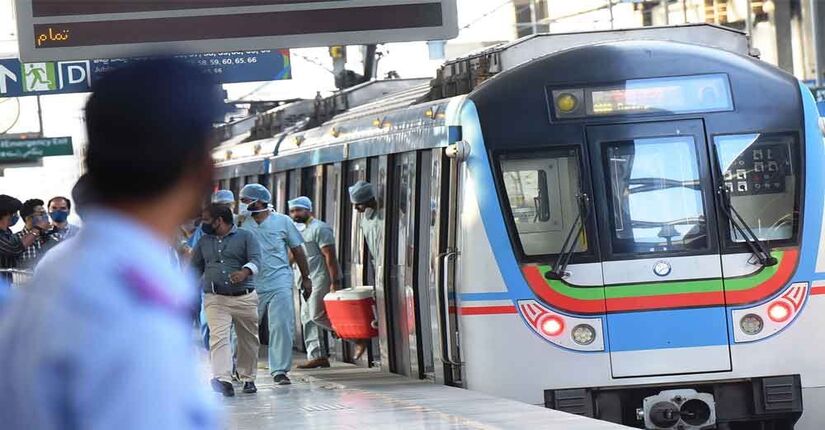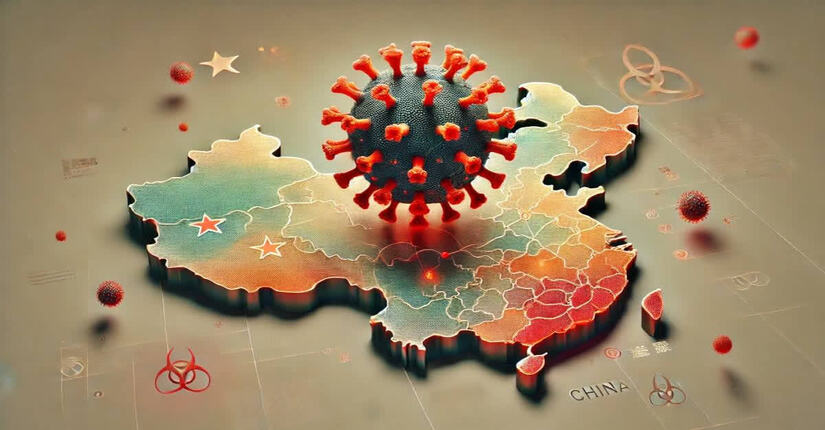Unmatched Speed
Hyderabad Metro covers 13 kilometers in just 13 minutes, making it an exemplary solution for urgent transport needs. This speed ensures that critical deliveries are made without unnecessary delays. Commuters and medical services alike benefit from the rapid travel. Time-sensitive deliveries, such as organ transport, are handled efficiently.
Crucial for Organ Transport
Speed is crucial when transporting donor hearts to transplant recipients. These organs need to reach their destination within hours to remain viable. The metro system plays a vital role in reducing travel time. Fast transport ensures that the heart remains in prime condition for transplant.
Heart Transplants
The 13-minute journey by metro significantly shortens the delivery time for donor hearts. Quick arrival improves the likelihood of a successful transplant surgery. The metro system helps save precious time, increasing the chances of organ viability. This efficiency supports life-saving medical procedures.
Time Sensitivity
A donor heart has a limited viability window of 4-6 hours. Swift transport ensures that organs reach their destination within this critical period. Delays in transportation can lead to organ rejection or failure. Timely delivery via metro services can be the difference between life and death.
Metro Network Efficiency
The Hyderabad Metro network connects key locations like hospitals and airports. Its extensive routes allow for seamless travel between critical medical facilities. Metro stations are strategically located, ensuring quick access during emergencies. This connectivity supports efficient organ transport across the city.
Seamless Integration
Hyderabad Metro integrates smoothly with other transport modes for faster organ delivery. The system’s coordination with ambulances and airlines ensures timely transitions. It allows for rapid movement between hospitals and transport hubs. The metro’s flexibility supports diverse transport needs, including emergency organ delivery.
Life-Saving Impact
The ability to deliver a donor heart in record time enhances the chances of a successful transplant. The metro system’s speed and reliability can be life-saving in critical situations. It ensures that transplant surgeries can proceed on schedule, saving lives. Quick transport significantly improves health outcomes for transplant candidates.
Supporting Emergency Services
Hyderabad Metro proves vital in emergencies, not just for daily commuters but also for medical needs. The system’s punctuality and reliability are key in time-sensitive situations. Emergency medical services rely on the metro to transport organs quickly and safely. It underscores the importance of urban infrastructure in life-saving operations.
Reducing Traffic Delays
Unlike road transport, the metro avoids traffic congestion, ensuring uninterrupted service. Organ deliveries are made swiftly, bypassing common roadblocks. This efficiency reduces the risk of delays during critical organ transport. Metro travel offers a reliable alternative to time-consuming road routes.
Optimal Use of Technology
The metro uses advanced scheduling systems to ensure smooth and timely travel. Real-time tracking allows authorities to monitor transport progress and adjust as needed. Predictable travel times make metro services reliable in critical situations. The system’s technology enables consistent and precise coordination.
Saving Time, Saving Lives
Every minute saved in organ transport increases the likelihood of a successful transplant. The metro ensures quick delivery, offering transplant candidates new hope. Timely organ arrival is crucial for minimizing risks associated with transplants. Hyderabad Metro’s efficiency plays a key role in saving lives.
A Model for Other Cities
Hyderabad’s success in using the metro for organ transport sets a valuable example for other cities. This model demonstrates how urban infrastructure can contribute to public health. Other cities can replicate this success to improve organ transport systems. The metro’s role in medical emergencies sets a global standard for city transport.
Collaborative Efforts
Hospitals, metro authorities, and transplant teams work together to ensure rapid organ transport. This collaboration ensures that donor organs reach their destination on time. Effective teamwork allows for coordinated responses in emergencies. It highlights the role of collective effort in life-saving medical operations.
Emergency Medical Protocols
The metro’s involvement in medical emergencies encourages the development of similar protocols. These protocols outline procedures for organ transport, ensuring efficiency. The system sets a precedent for integrating urban transport in public health initiatives. It covers the way for future collaboration between transport authorities and healthcare providers.
Future of Organ Transport
As urban public grow, efficient transport systems will be vital for organ deliveries. The integration of metro services into medical logistics shows a promising future for organ transport. The approach demonstrates how urban infrastructure can be leveraged for healthcare. It sets a blueprint for cities worldwide to enhance their organ transport capabilities.


